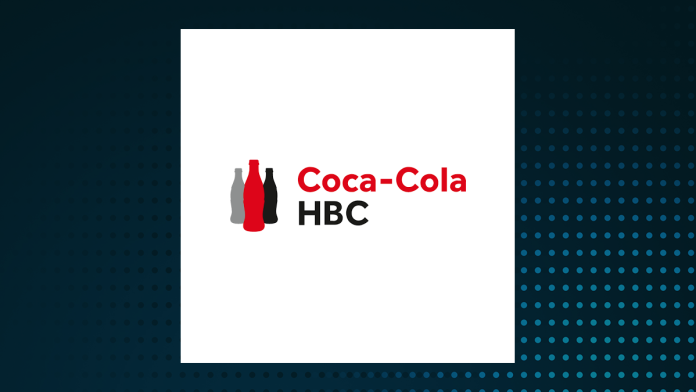Short Interest in Coca-Cola HBC Surges by Over 400% in March
Short interest in Coca-Cola HBC AG (OTCMKTS:CCHGY) skyrocketed by 421.4% in March, signaling intensified investor scrutiny of the European bottling giant. According to recently published data, the number of shares sold short climbed to 23,500 as of March 31, up sharply from 4,510 shares two weeks earlier.
This surge represents a significant shift in investor sentiment and suggests increased bearish positions on the company. While the total short interest still represents a small percentage of the company’s publicly traded shares, the steep rise is noteworthy for FMCG market watchers assessing volatility and directional bets in the beverage sector.
Market Performance and Trading Activity
Coca-Cola HBC shares last traded at $37.96, reflecting a modest decline of 0.7% during the session. Daily trading volume reached approximately 20,500 shares—well below the company’s average daily volume of 45,164—indicating relatively light activity amid the rise in short positions.
With a market capitalization of approximately $13.96 billion, Coca-Cola HBC holds a prominent role as one of the largest bottling partners of The Coca-Cola Company in Europe. The company’s operations span 29 countries, managing a geographically diverse portfolio that encompasses both established and developing markets.
Analyst Sentiment Remains Positive
Despite the spike in short interest, institutional sentiment toward the stock remains favorable. JPMorgan Chase & Co. recently reaffirmed its “overweight” rating on CCHGY in February, underscoring long-term confidence in the company’s fundamentals. Improved pricing strategies, portfolio diversification, and operational efficiency have historically positioned Coca-Cola HBC as a resilient player in the competitive beverage industry.
Industry Implications
For FMCG analysts and investors, the sharp increase in short interest could reflect broader concerns about inflationary pressures, currency fluctuations in emerging markets, or challenges in the European retail landscape. At the same time, it may signal short-term hedging rather than a prolonged negative outlook.
As the global beverage sector continues to face macroeconomic headwinds, shifts in investor behavior—especially among high-profile bottlers—can offer valuable signals for competitive benchmarking

